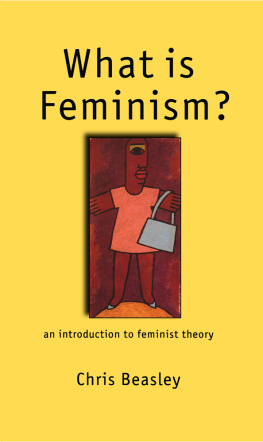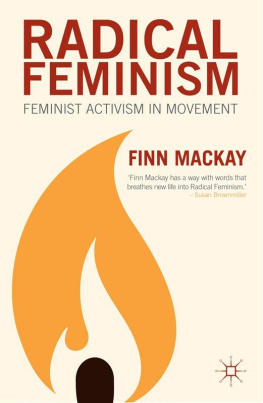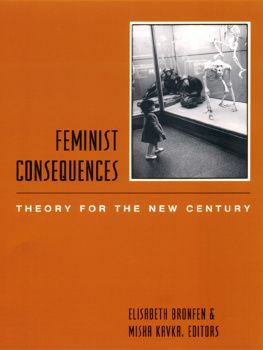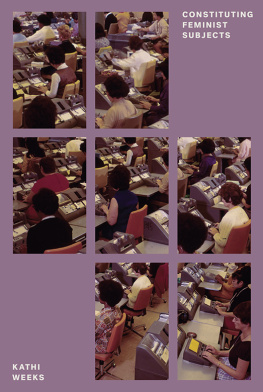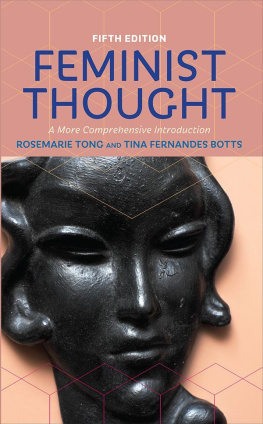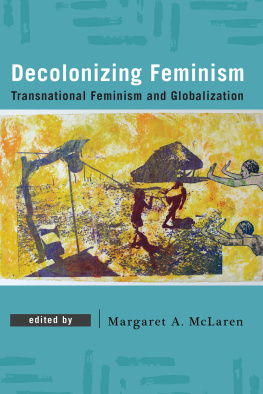Judith Evans 1995
First published 1995. Reprinted 1996, 1998
All rights reserved. No part of this publication may be reproduced, stored in a retrieval system, transmitted or utilized in any form or by any means, electronic, mechanical, photocopying, recording or otherwise, without permission in writing from the Publishers.
 | SAGE Publications Ltd
1 Olivers Yard, 55 City Road
London EC1Y 1SP |
SAGE Publications Inc
2455 Teller Road
Thousand Oaks, California 91320 |
SAGE Publications India Pvt Ltd
B-42 Panchsheel Enclave
PO Box 4109
New Dehli 110 017 |
British Library Cataloguing in Publication data
A catalogue record for this book is available from the British Library
ISBN 0 8039 8478 2 | ISBN-13 978-0-8039-8478-3 |
ISBN 0 8039 8479 0 (pbk) | ISBN-13 978-0-8039-8479-0 (pbk) |
Library of Congress catalog card number 95068523
Acknowledgements
I wrote this in troubled times. I am the more grateful to the people who helped me through. Among them are remarkably dedicated and skilled members of what remains of the National Health Service. We all stand in their debt.
Two people supported me throughout. At York, David Edwards encouraged and consoled me, and convinced me I could finish the book. Without him, it might not have been written. And at Marist, JoAnne Myers emailed almost daily with words of comfort, comments on theory, and news of The Biggest Cupboard In The World. Davids and JoAnnes greatest feat was to restore laughter to my life. Both have given far more than conventional notions of friendship suggest. I owe them a massive amount.
The Political Studies Association Womens Group has been an important, if occasional, part of my life and work. Of its early members I thank especially Sally Jenkinson, Elizabeth Meehan, and Ursula Vogel. They have shown me the warmth anyone who knows them would expect, and listened with patience as I wandered the highways and byways of feminist thought. They bear no responsibility for views expressed, crimes committed, here.
I have known also the kindness of strangers. From the streets, cafes, and shops of York to as far as the Internet runs, people have come to my aid. They are harbingers of a better way of life. Not only I, I hope, know that.
Sage make publishing a pleasure, insofar as that can be done. Patiently they endure my belief that I am the only author in the world. They have worked like a collective on this book, and I thank them all.
There are communities, social strata, milieus, whose women do not study. Certainly they do not study for years, with no end in view. My mother stood with me through the uneasy laughter; she supports me still. This book is for her.
Bishophill, York
March 1995
Introduction
In 1972 the United Nations declared 1975 to be the International Year of the Woman. Among the worlds women reaction was not all good. Was this an admission that everything else was the Year of the Man?1
Through the centuries, women have endured the Year of the Man. Ever, some have rebelled. If feminism is a protest against womens oppression, there is no confining its story, by country, culture, or time. We know of the suffragists who campaigned for the franchise. Do we remember Emily Davison, who died in its cause? Do we recall those arrested time after time, brutally force-fed, that we might vote?2
It may be, we do. Do we know of the Indian women who have for decades fled patriarchal laws and led gangs of bandits; famous among them, released in 1993, Phoolan Devi, the Bandit Queen?3 Or the Chinese women who fought in rebel armies; and to the end of the nineteenth century, fleeing foot-binding and other cruelties, formed roving bandit gangs? Though few could escape, so strongly were they held in submission, except by death at their own hand.4 The women of Muslim Central Asia, forced to give birth in squalor, subjected to innumerable other cruelties, spied for the Bolshevik invaders of the 1920s, to gain a better world. And their reward? The defeated men joined the Bolsheviks: women were subjugated once more.5
This book is born of a different and mainly later history, much of which is nonetheless unknown, or partly hidden, now. It is not only the story of the unhappy housewives of the best-known early books, like The Feminine Mystique and The Captive Wife.6 It also tells of those who fought for socialism in the 1960s Left in the US, Germany, and the UK; women who denounced their male comrades for preaching liberation for all the peoples of the world: all except women. This is a story far milder than those above. But there are analogies, for, as Robin Morgan said, a woman of the New Left could be declared uptight or a poor sport if she didnt want to be raped, while a leading black militant announced that the only position for women in [the Student Non-Violent Co-Ordinating Committee] is prone.7 And the story, once more, tells of promises broken, a contract unfulfilled.
My book is not a biography of these women, or a political or social history of feminisms Second Wave, which they began. Rather I address Second-Wave theory, which is not, early writings apart, necessarily the movement voice. For feminist theory has become an enterprise all of its own. There is a gulf between activism and the academic writing that emerged; a gulf that has widened with time.8 The reasons for and consequences of this are not my topic here.
The writing I address ranges from 1963 to 1994; beginning with the publication of The Feminine Mystique, and covering Second-Wave feminisms first thirty or so years. I do not attempt to discuss it all; that is impossible, given the amount and range of feminist thinking now. Nor is there a generally accepted and certainly no ideal way of deciding what authors and texts to include, and how they should be grouped. So I have had to make difficult choices.
I chose writings in two ways. First, I decided to study schools like liberal feminism and within them, to focus on significant texts. This raises the question, which ones? I do not want to suggest I tried to include all the major works, or even the most important writers. I do not even want to say I chose the writings most representative of a given school, though of course I would have liked to do that. Formidable problems of definition and classification ruled it out. Second, I chose, when reading these texts, to concentrate on two concepts which have been central to feminism more or less throughout: the concepts of equality and difference. These have of course normally been taken to mean sex equality and difference. But they are more widely employed than that, and will be used more broadly here.
I suggest that there is a tension between these concepts that runs through the schools, and exists within individual thinkers, too. Though I do not expect to show this in every case. It may not be the same tension, given that the concepts are used in various ways, and have given rise to more than one dispute.
In the remainder of this chapter I introduce the meanings of difference encompassed here: between the sexes; between groups of women; between individuals and within woman. I then explain in more detail how and why I have structured the book by schools of feminist thought, and the problems that can result. I note that various of the writings are neither conventionally theoretical nor specifically concerned with the debates, so I have had to tease their views of equality and difference out. Finally I address the problem of language within feminist writing, of for example the over-inclusive we that overrides the differences feminist writing seeks to grasp; and how I have tried to cope with that.


